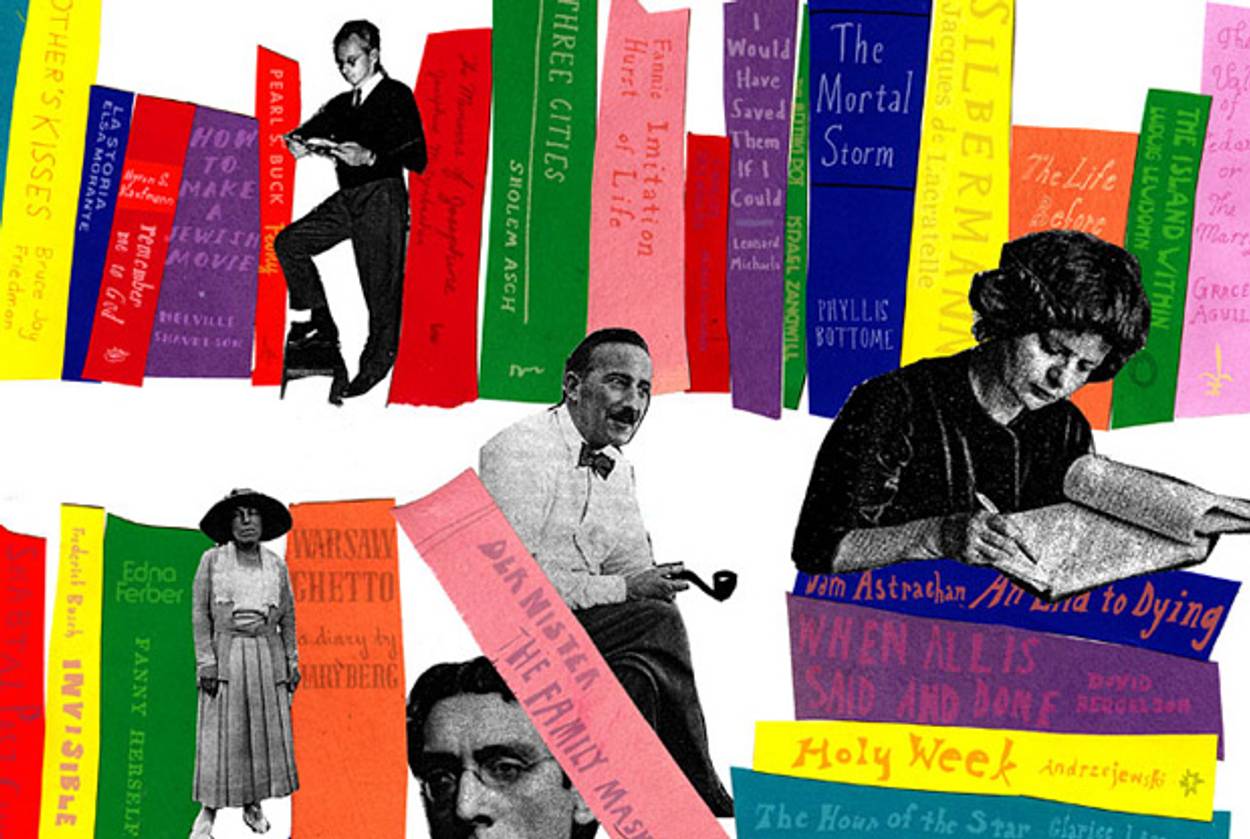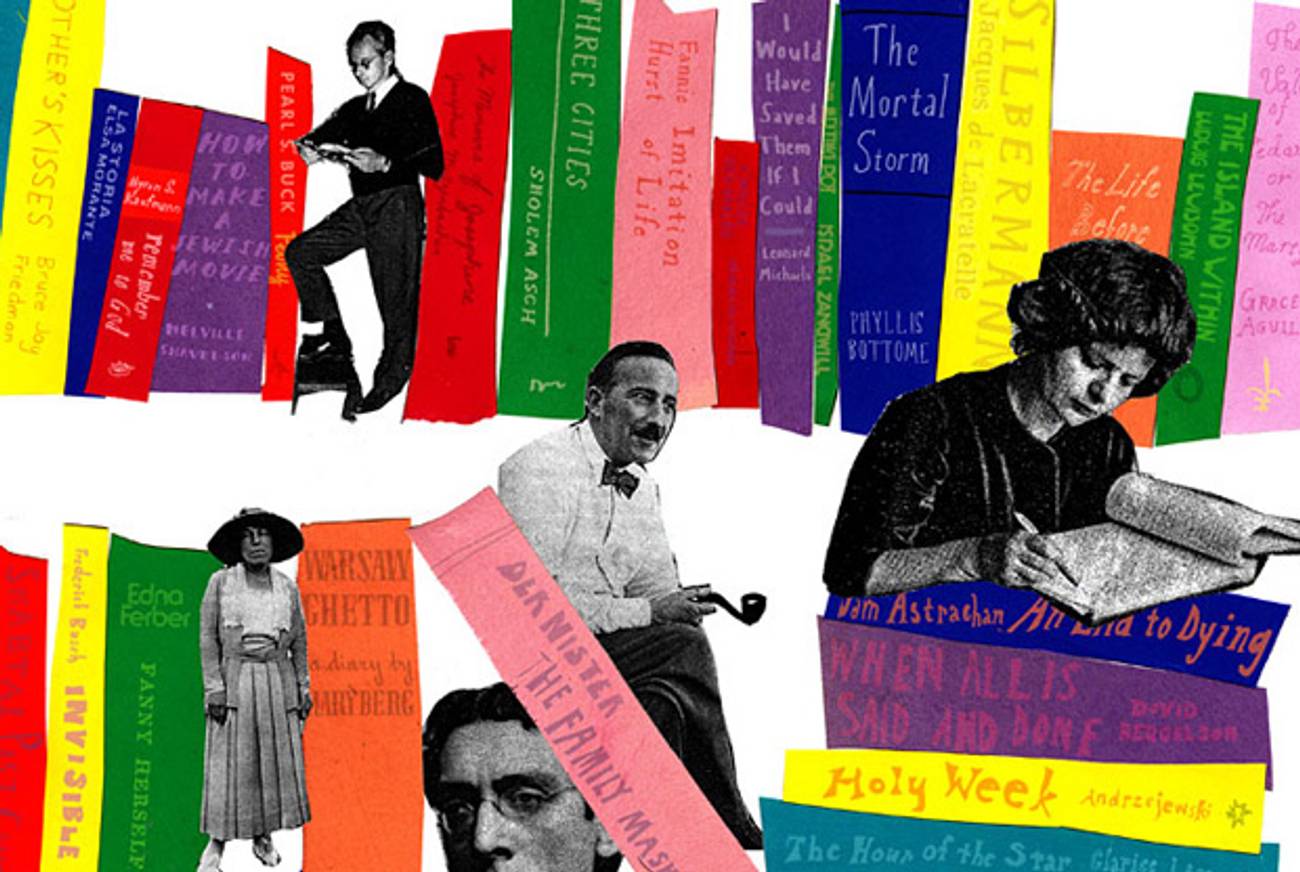Metaphor Man
Lost Books




“Lost Books” is a weekly series highlighting forgotten books through the prism of Tablet Magazine’s and Nextbook.org’s archives. So blow the dust off the cover, and begin!
You might not know it, but we have Israel Zangwill to thank for the go-to phrase to describe America’s cohesive cultural heterogeneity. Born in 1864, the British playwright wrote a play called The Melting Pot, which featured a romance between a Jewish immigrant and a non-Jewish woman, and which won the approval of President Theodore Roosevelt in October of 1908 for its positive depiction of America. In 2006, upon the very first revival of the play since Zangwill’s 1926 death, Chloe Veltman wrote, “If there was ever anyone capable of turning a metaphor into a household word, it was Israel Zangwill.”
For such a popular playwright, however, Zangwill’s legacy remains largely obscured. An outspoken Zionist after meeting Theodor Herzl in 1895, Zangwill’s politics moreso than his plays garnered attention, and some believe his literary reputation suffered as a result of his political and social activism. Jews were angered by what they felt was an inconsistent yet dogmatic Zionist stance, and were especially inflamed when, in 1923, Zangwill firily declared Zionism dead.
Yet Veltman defends Zangwill against the resulting criticism that the playwright was in favor of a completely homogenized America, as seen through his glorification of the melting pot ideal and seeming abandonment of the Zionist cause. “He was committed to building a Jewish homeland but also understood that Jews had come to a fork in the road:” she wrote, “if full Jewish nationalism could not be achieved, full assimilation into a multi-ethnic melting pot was, for him, the next best thing.”
Read Melting Point, by Chloe Veltman
Stephanie Butnick is chief strategy officer of Tablet Magazine, co-founder of Tablet Studios, and a host of the Unorthodox podcast.